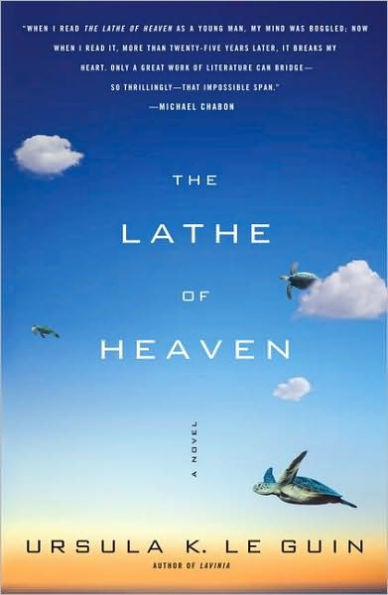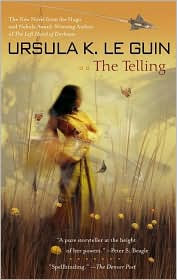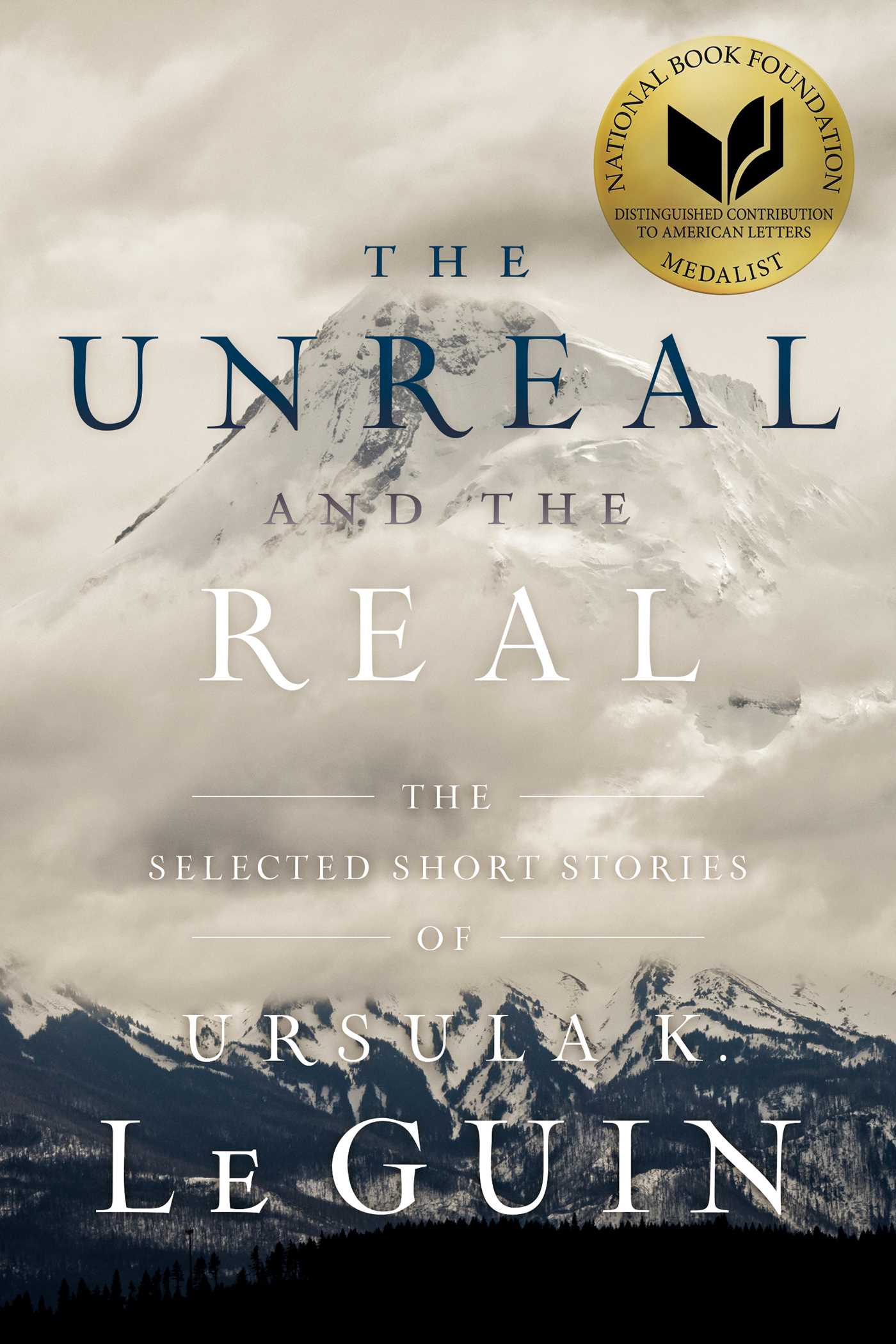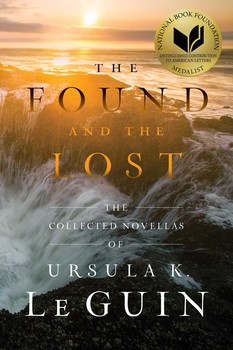As a young man working as a children’s book buyer for Barnes & Noble, I had been looking for ways into the professional fantasy and science fiction community. The walls between children’s, young adult, adult fiction were not as permeable as they are now. So in 1998 I volunteered to revive a venerable, but lapsed reading series—the New York Review of Science Fiction Readings. For my last event as curator, I arranged for Ursula K. Le Guin to give a reading and Q&A along with Carol Emshwiller. Carol, now 96, is another lauded science fiction and fantasy writer who has been working since the seventies—a contemporary of Ursula’s—wonderfully insightful, with a joyous personality. The two had corresponded but had never met until that night.
I got in touch with Ursula’s publisher, Harcourt, to arrange the event at a theater in Tribeca, Performance Works, on Chambers Street. After confirming a group dinner with some NYC science fiction and fantasy editors and writers before the event, Ursula had her publicist call me, asking if I wouldn’t mind meeting her and her husband Charles at Swissotel The Drake and taking a cab downtown together to ensure she wouldn’t get lost.
I distinctly remember pausing, thinking: Well, I’d have to sneak out of the office around 4:00 to make sure I could get uptown in time to rendezvous and get another cab to take us in time to The Odeon for dinner.
Then I thought, still without answering the publicist, if someone had offered me a 30-45 minute cab ride with Ursula K. Le Guin and her husband, what would I pay? What organ would I trade for this chance?
It was a particularly cold Friday night, on October 20th, 2000, a change from the traditional Monday night events I held at the theater as they were in-between shows. Ursula, Charles and I all have bulky winter coats on, but there was no way I was going to sit in the front seat. So keeping up the patter, I take off my coat and slide into the hump in the back seat of the yellow cab, right in-between them. I roll my jacket up and place it over the shopping bag I had brought along.
We talked about their travels, the last time she was in NYC, and I was marveling at the sound and cadence of her voice as it wasn’t at all what I was expecting. It had a Western twang to it, and seemed to resonate from somewhere deep inside of her tiny frame. It was hypnotic.
“Joe, I have a question for you. Do you think, at the end of the reading, that people will expect there to be a signing?”
“Well, we weren’t able to secure an off-site bookseller for the event, but I would assume that many folks will be bringing copies of their favorites to get signed. It has been awhile since you were in the city.”
“Oh,” she said, “I dislike signing books. I feel as if some people would prefer to take some of my blood instead, as if they could take a piece of me with them.”
I looked down at my feet, relieved that she couldn’t see the shopping bag which contained my five favorite Le Guin novels (in hardcover, even though some of them were just Science Fiction Book Club editions, and none was a true first) that I had planned to ask her to sign.
Dinner was a great success, everyone talking and laughing. Ursula, Charles, and Carol were getting along as well as I had imagined they would. (Carol’s late husband, Ed Emshwiller, was an artist who painted a lot of great surreal book and magazine covers for science fiction and fantasy from the 1950’s through the 1970’s, and also was the set designer and visual consultant on the original PBS adaptation of Ursula’s THE LATHE OF HEAVEN.) One of my great joys is playing matchmaker, so feeling that a job had been well done, I left The Odeon early to set up the theater, and do a sound check, prep the stage, etc.
I arrived to find the theater sold out, the first, and only sell-out I ever had during my tenure. Even my mother travelled in from Yonkers, as I had talked about meeting one of my heroes that night.
Ursula read from her latest book, THE TELLING, Carol from LEAPING MAN HILL. It was exactly the kind of night I hoped it would be, with an engaged pair of brilliant authors and rapt audience. As other folks got books signed I brought around my mother, who emigrated to the U.S. from Argentina, to meet Ursula—especially as Ursula was in the process of translating Argentine writer Angelica Gorodischer’s KALPA IMPERIAL for Small Beer Press. They spoke about Argentina, both being too shy to speak in Spanish, for opposing but similar reasons, and I felt fulfilled, satisfied; happy.












